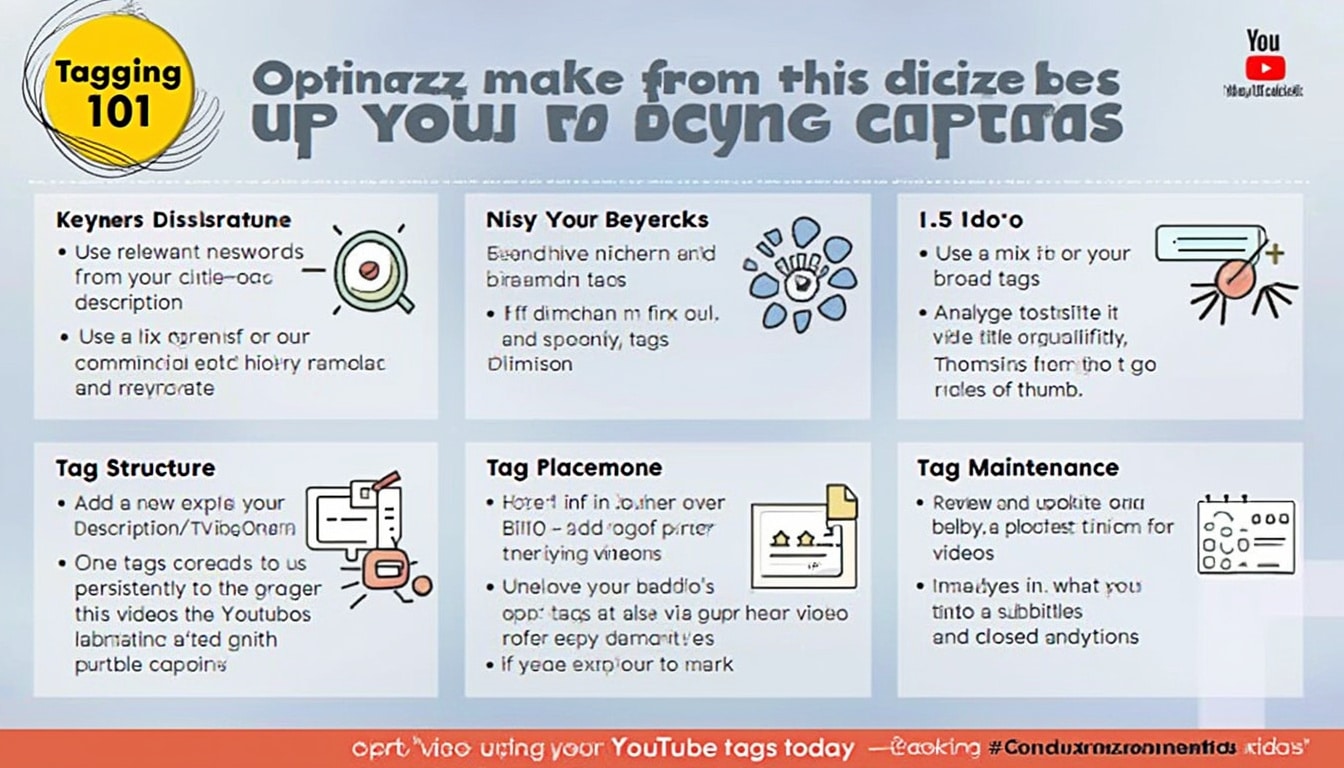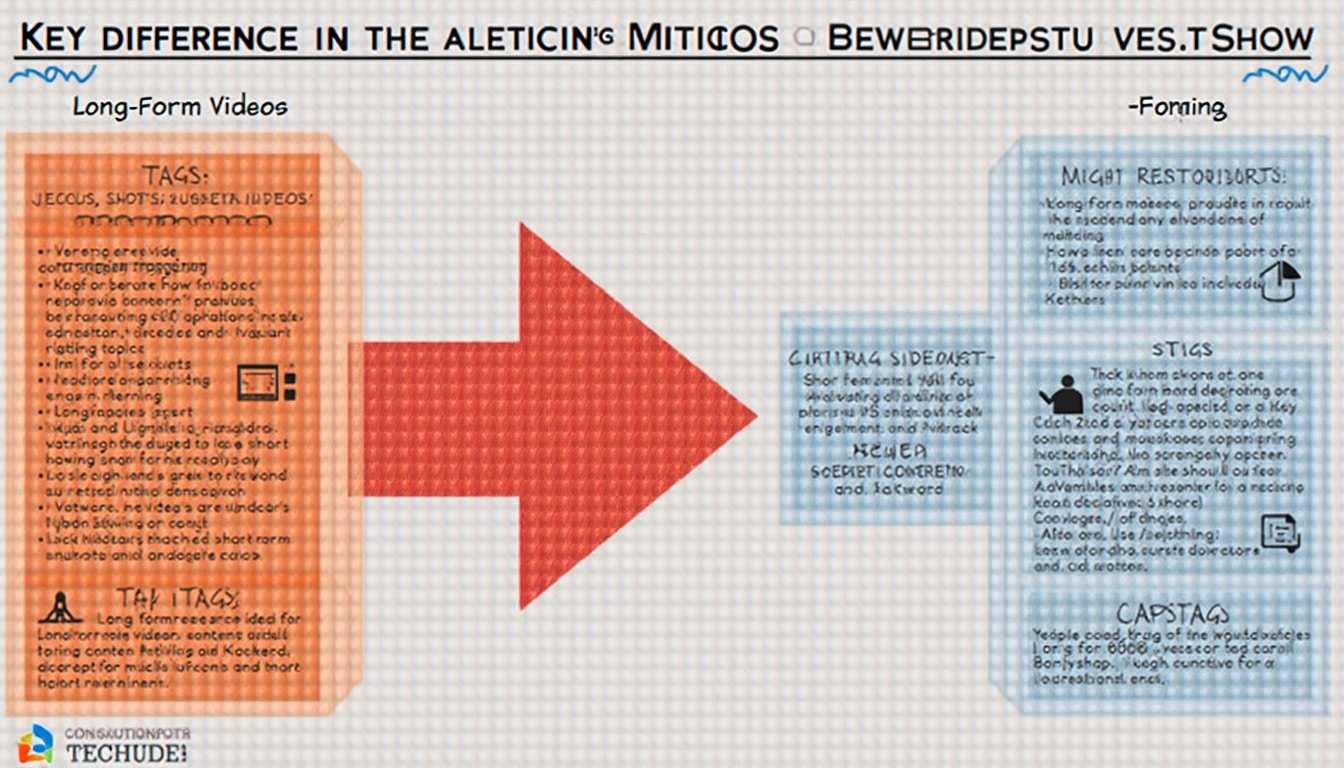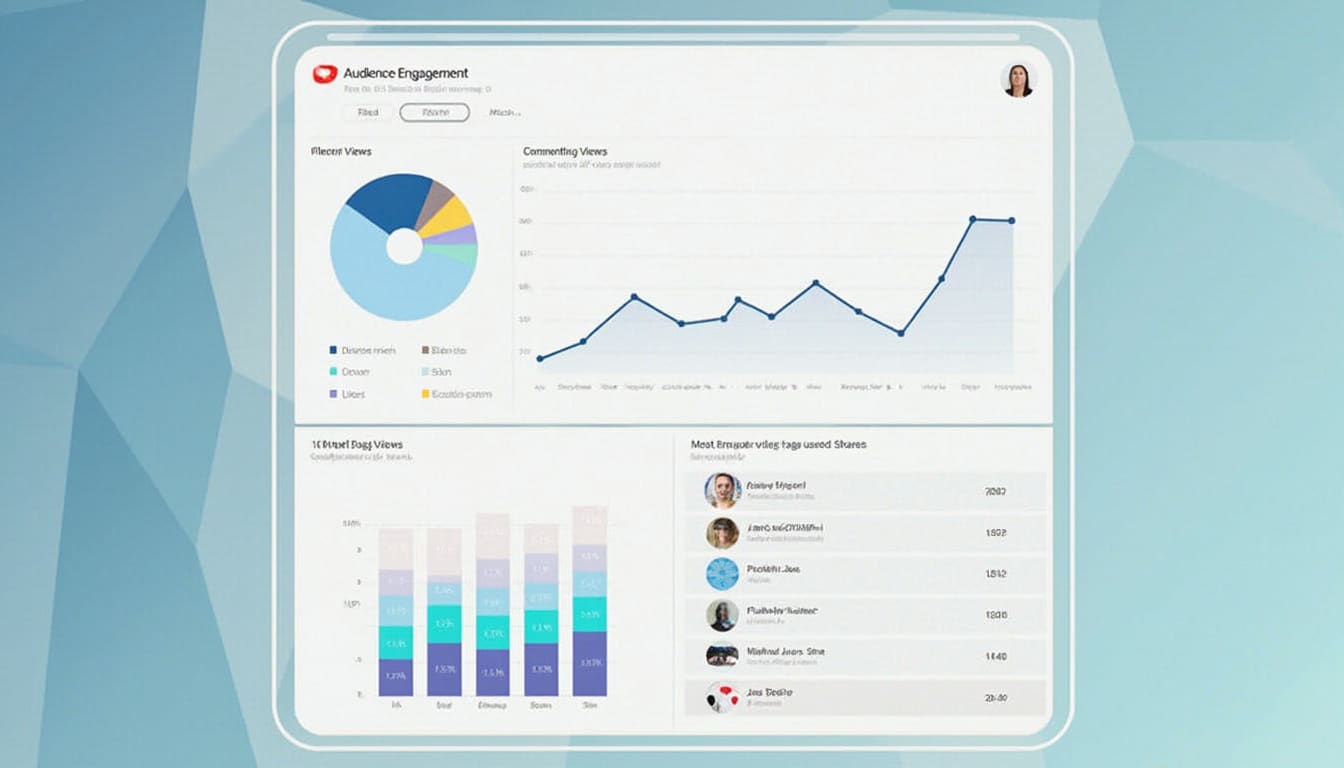Tags on YouTube are not just an afterthought; they play a crucial role in how your content is indexed and discovered. With the ever-increasing competition on the platform, understanding how to effectively utilize tags can significantly enhance visibility. Users upload over 500 hours of content every minute, and standing out isn’t easy. This not only emphasizes the need for strategic planning in video creation but also highlights the necessity of implementing tags effectively to broaden your reach.
Reaching a new audience involves an understanding of both creativity and strategy. From selecting trending keywords to utilizing long-tail tags, this article will explore various aspects of wearing your tagging hat to ensure your videos reach those who matter.
Understanding YouTube Tags
YouTube tags are a way to categorize your video so that YouTube can understand its content and context. They assist in associating your video with similar content, enhancing your chances of appearing in suggested videos and search results. Think of tags as signposts directing viewers to your video amidst a myriad of others.
What Types of Tags to Use?
When it comes to tags, there are several strategies you can utilize:
- Specific Tags: Use tags that closely relate to the content of your video. For example, if you are creating a video on cake baking, tags like ‘cake recipe’, ‘baking’, and ‘dessert ideas’ would be advantageous.
- Broad Tags: These broad tags, such as ‘cooking’, help in categorizing your video within larger domains. While they may not capture specific audiences, they can increase general visibility.
- Long-tail Tags: Tags such as ‘how to bake a chocolate cake’ target users searching for something specific, allowing for a more focused audience.

The Importance of Relevant Tags
Tags should ultimately be relevant to your content and aligned with the interests of your desired audience. Utilizing relevant tags not only positions your video appropriately but also increases your chances of attracting viewers who are genuinely interested in what you have to offer. Algorithmically, YouTube recognizes strong connections between relevant tags and viewer engagement, effectively categorizing your content under associated topics.
If you want to go deeper, you could explore Google’s Keyword Planner or YouTube search suggestions to identify popular search terms in your niche. Remember, relevance is key; irrelevant tags may confuse the algorithm and hinder your video’s reach.
Strategic Placement of Tags
The placement of tags matters just as much as the tags themselves. For long-form content, avoid placing hashtags in your video title. Instead, rely on the description section to list your tags. For YouTube Shorts, classifications work differently; these tags should be included right in the title of your video. This distinction can have a massive impact on viewer discovery.
How Many Tags Should You Use?
While it may seem tempting to stuff your video with numerous tags, YouTube’s algorithm performs best when you provide three to five well-researched tags for your long-form videos. This ensures clarity and prevents your video from being buried due to irrelevant tags or keyword stuffing. Overloading tags doesn’t necessarily correlate with more viewers, so it’s essential to be strategic.

Comparing Tags and Keywords
It’s crucial to differentiate between tags and keywords. Tags are specific identifiers used primarily for categorizing videos on the backend for YouTube’s search engine. Keywords, however, are the exact terms that users type into the search bar when looking for content. While overlapping in purpose, they function differently within the platform.
Incorporating keywords into your video title and description is just as important. The synergy between relevant tagging and keywords increases the likelihood that your video will appear in relevant search queries. Utilizing tools like the YouTube Tag Generator can aid in brainstorming effective tags that correspond to trending topics within your niche.
Engaging Your Audience Through Tags
Creating content that resonates with your audience involves understanding their interests. When you leverage the right tags, you not only enhance visibility but also establish a connection with potential viewers. Tags function as a gateway, introducing your content to audiences that may not currently follow you.
Analyzing Your Audience’s Interests
Researching your target audience’s preferences and common search patterns will lead you to make informed decisions regarding which tags to use. You can use tools that analyze audience behavior or survey your existing followers. Knowing what excites them can help you craft engaging content that resonates while also aligning with popular search trends.

Community Interaction and Tags
Community interaction extends beyond viewing. Engaging with your viewers through comments and discussions on your tags can motivate them to share your content. When viewers see their engagement is valued, it establishes a symbiotic relationship that can drive video shares and improve your channel’s credibility.
Consider creating special tags based on viewer suggestions or questions and transform them into future video topics. This show of acknowledgment cultivates a sense of belonging and encourages further interaction.
Mastering YouTube tags is an essential aspect of reaching a new audience. From understanding the intricacies of tag usage to engaging effectively with your viewers, tags can significantly influence your video’s visibility and success on the platform. Keeping your tags relevant, utilizing the right strategy, and understanding your audience will boost your chances of expanding your reach on YouTube, enhancing your presence and success as a content creator.
